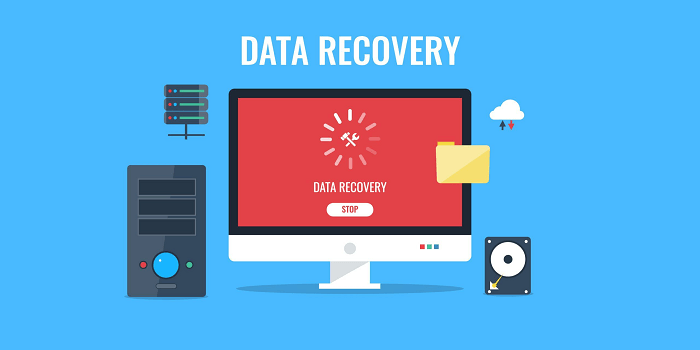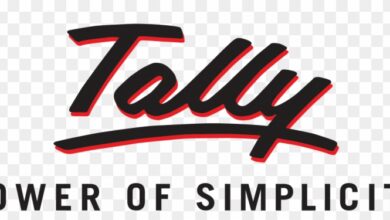Best Free Data Recovery Software: Breathe Easy When Disaster Strikes

Data loss. It’s a heart-stopping moment, whether you accidentally deleted a crucial file, formatted the wrong drive, or experienced a devastating system crash. Suddenly, precious photos, important documents, and irreplaceable memories vanish into the digital abyss. But fear not, fellow tech-adventurers! This guide dives into the world of here, your allies in the fight against digital oblivion.
Understanding Data Recovery: A Crash Course
Before we dive into the software, let’s understand how data recovery works. When you delete a file, it’s not truly erased; the operating system simply marks the space it occupied as available for new data. This leaves a window of opportunity for specialized software to scan your storage device, locate these “ghost” files, and piece them back together, hopefully resurrecting your lost treasures.
The Free Data Recovery Cavalry Arrives!
Now, let’s meet the heroes of this data-rescue mission: the best free data recovery software options:
- Recuva: This user-friendly software boasts a simple interface and a powerful scanning engine. It excels at recovering deleted files from various storage devices, including hard drives, USB drives, and memory cards. Recuva offers different scan modes for varying data loss scenarios, making it a versatile choice.
- EaseUS Data Recovery Wizard Free: EaseUS is a popular name in the data recovery arena, and its free version lives up to the reputation. It recovers a wide range of file formats, including photos, videos, documents, and emails, from various storage media. The intuitive interface makes it easy for even novice users to navigate.
- Disk Drill: This free data recovery software offers a unique feature: data protection. Disk Drill can monitor your system for accidental deletions and instantly recover them, acting as a safety net against data loss disasters. Additionally, it boasts advanced features like disk imaging and partition recovery.
- Stellar Data Recovery Free: Stellar delivers a powerful free data recovery solution with a user-friendly interface. It excels at recovering deleted or formatted partitions, making it ideal for situations involving severe data loss. Stellar also supports a wide range of file formats and storage devices.
- PhotoRec: This free, open-source software focuses specifically on recovering photos and videos. While its interface might seem intimidating at first, PhotoRec is incredibly powerful and can recover data even from severely damaged storage devices.
Choosing the Right Software: Your Data Recovery Arsenal
With so many options, how do you choose the best free data recovery software for your situation? Here are some key factors to consider:
- Type of data loss: Different software excels at different types of data loss. If you accidentally deleted a file, Recuva or EaseUS might be perfect. For formatted partitions or severe data loss, Stellar or Disk Drill could be better choices.
- File formats: Make sure the software supports the file formats you need to recover. Most software covers common formats like photos, documents, and videos, but some specialize in specific formats like raw camera files or audio files.
- Storage device: Ensure the software is compatible with your storage device, whether it’s a hard drive, USB drive, SD card, or something else.
- Ease of use: If you’re not tech-savvy, prioritize software with a user-friendly interface and simple recovery process. Recuva and EaseUS are great options for beginners.
Beyond the Software: Data Recovery Best Practices
Remember, data recovery software is a powerful tool, but it’s not foolproof. Here are some best practices to maximize your chances of success:
- Stop using the affected storage device immediately. Writing new data can overwrite lost data, making it unrecoverable.
- Download and run the data recovery software from a different device. This prevents accidentally overwriting the lost data on the affected device.
- Choose the right scan mode. Most software offers different scan modes for varying data loss scenarios. Choose the one that best suits your situation.
- Recover to a different storage device. Don’t recover files to the same device they were lost from, as this can overwrite them.
- Backup your data regularly. Prevention is always better than cure! Regularly back up your data to an external hard drive or cloud storage service to minimize the impact of data loss.
Conclusion: Reclaiming Your Digital Lifeline
Data loss is a frightening experience, but with the right knowledge and tools, you can fight back. The best free data recovery software, like the ones mentioned above, are your allies in this digital battle. By understanding how they work, choosing the right software for your situation, and following best practices, you can reclaim your lost data and breathe a sigh of relief. Remember, data is precious, so treat it with care, back it up regularly, and know that even when disaster strikes, there are heroes



